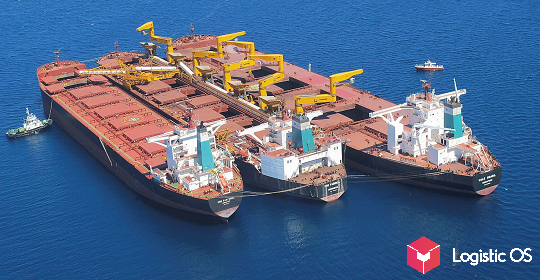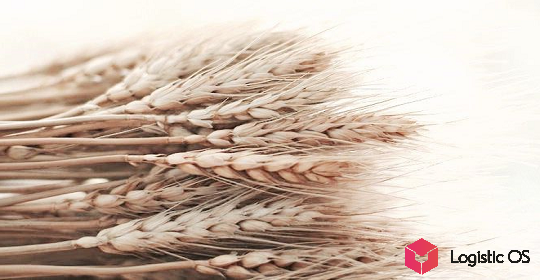The government is going to allocate 10 billion rubles to help grain producers. However, farmers believe that the amount is not too large.
The press service of the Cabinet of Ministers noted that the second tranche has been approved for regional agricultural producers engaged in the production of grain.
We are talking about 10 billion rubles. It is assumed that at the expense of this money, manufacturers will be able to cover up to 50% of their costs associated with both the production and sale of their goods.
Costs, by the way, have risen sharply in 2022, resulting in a 30% increase in production costs.
This creates risks, since farmers may think about revising the amount of sowing — in other words, about reducing production.
Indeed, last year a very large harvest was harvested, which reduced prices and profitability.
How useful is this support measure?
According to Elena Tyurina, Director of the Analytical Department of the Russian Grain Union, the measure is very necessary and timely, since it can encourage farmers to continue production without reducing volumes.
Today, many companies in this area are facing a difficult situation: in addition to the problem of profitability, which is exacerbated by the shortage and rise in price of imported agricultural machinery, there are difficulties in hiring qualified personnel who have all the necessary skills to work on such machinery.
As a result, in order to get valuable personnel, you have to offer them a large salary, and this further increases production costs and reduces profitability.
As Tyurina noted, it is extremely important that all grain producers have equal access to support measures: both large and small.
Otherwise, a bias in the market and the absence of full-fledged competition are inevitable.
Will 10 billion rubles be enough for agricultural producers?
According to Vladimir Petrichenko, General Director of ProZerno, the amount is insufficient.
In addition, it is clearly disproportionate to the amount of export duty levied, which is one of the main problems for farmers: it makes the sale of grain abroad practically unprofitable.
As Petrichenko noted, the state receives at least 100 billion rubles a year through this duty, against which the allocated 10 billion is a small amount.
At the same time, officials promised that all the funds collected with the help of the duty would be spent on supporting farmers, but it is difficult to say where they are actually spent.

